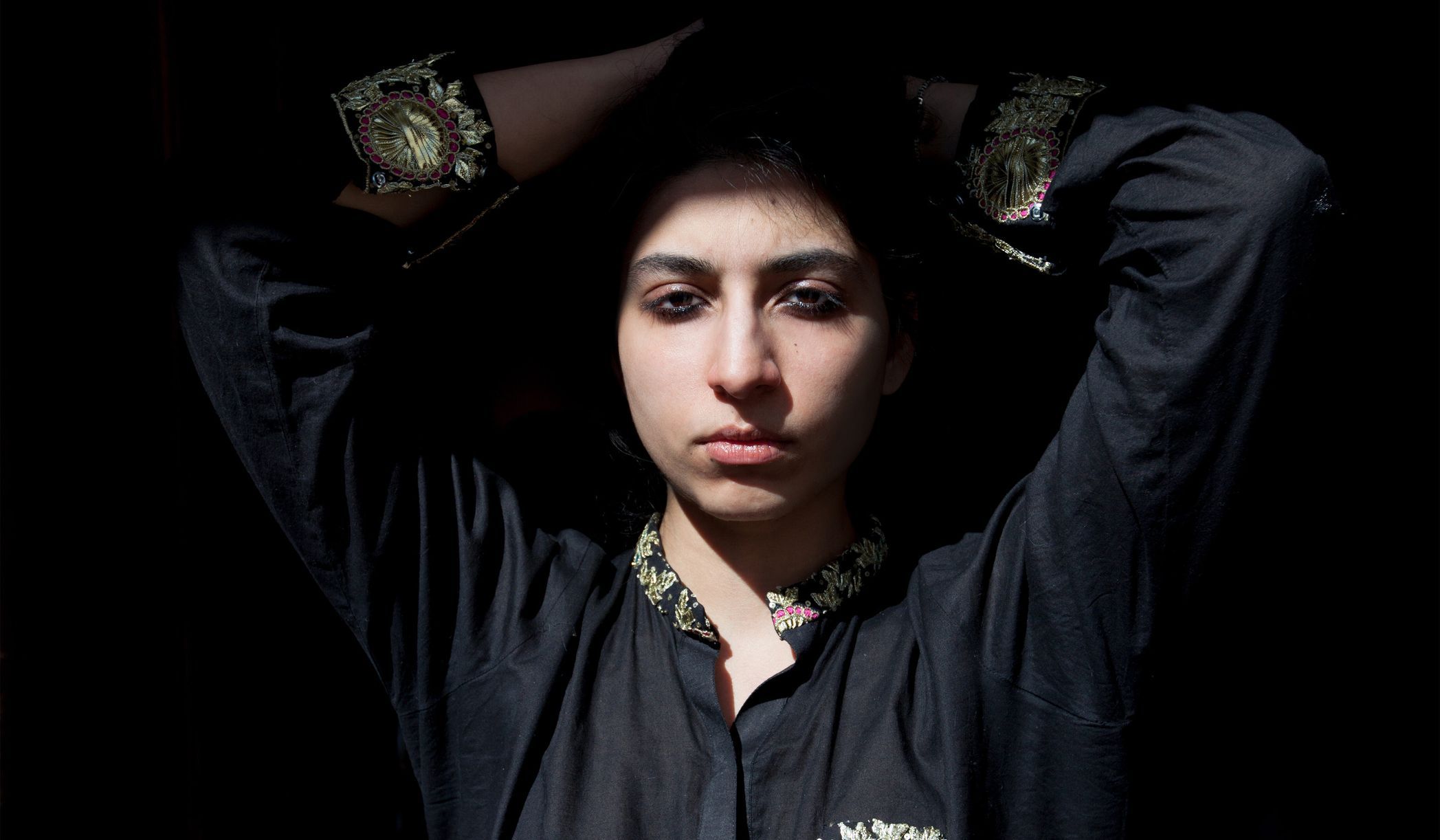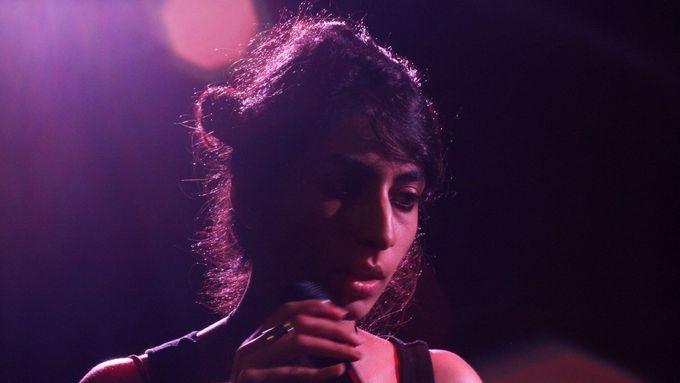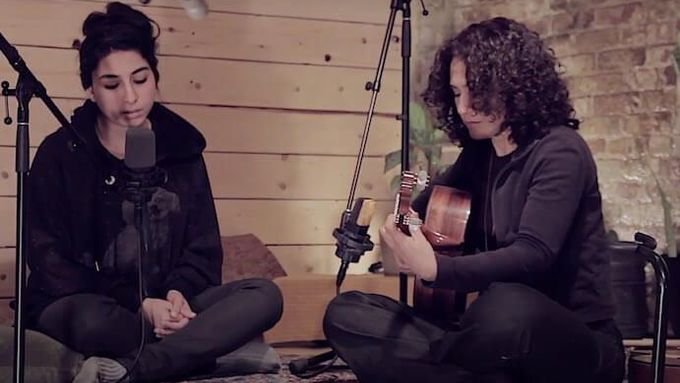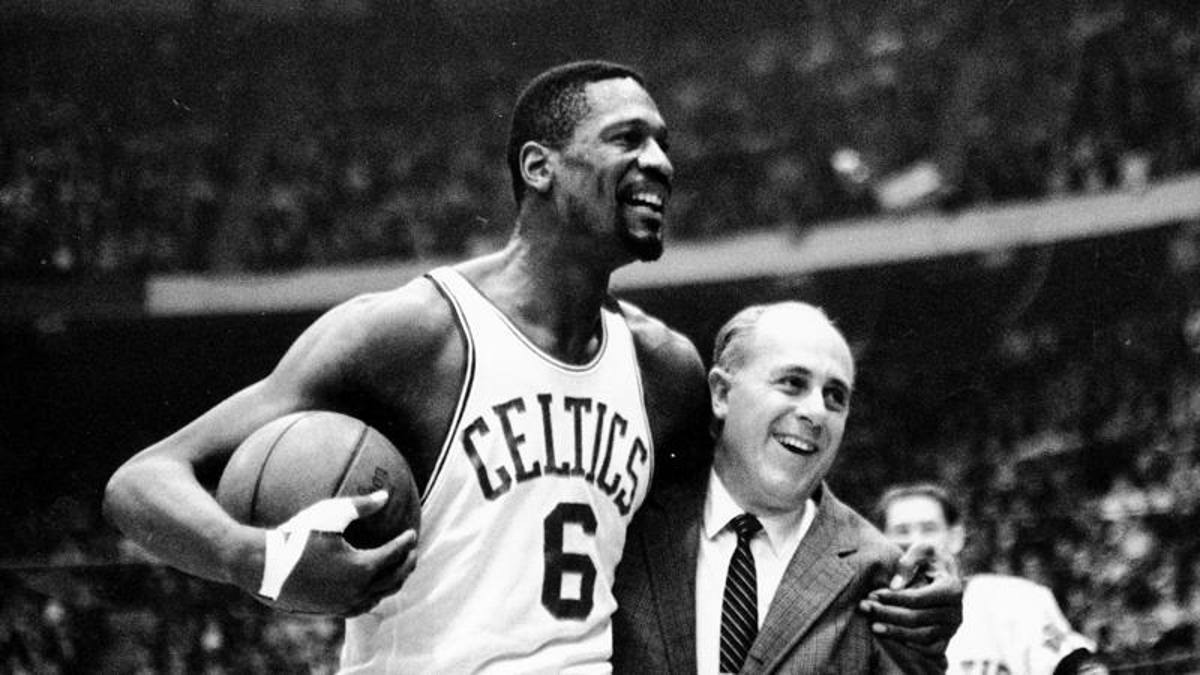“I didn’t want to record my nervous breakdown. What I’ve created is empowering,” says Grammy-winning, Pakistani-American musician Arooj Aftab. Next Sunday, August 7, he will perform at the Archa Theater in Prague.
The thirty-seven-year-old composer and singer will present last year’s animalistic and calm album Vulture Prince there. For the song Mohabbat she became the first artist of Pakistani origin to receive a Grammy this year. “I am really very happy,” he tells Aktuálně.cz enthusiastically, although with fatigue in his voice. She gave the interview via the Zoom platform.
He explains the success by a change in the voting rules. Previously, the Grammy winners were decided by a special committee, while today it is all members of the organizing National Academy of Music Arts and Sciences. “I didn’t even know who was voting in that committee. Now the musicians themselves decide on it, that’s what we wanted,” affirms Aftab.
In addition, she was nominated for a Grammy for the discovery of the year, which seems rather paradoxical after the ten years of her musical career. She has been interested in music since childhood, for which reason she moved to the USA at the age of 19 to study it there.
Pitchfork server last year she narrated, how she grew up surrounded by music and was used to thinking about it because it was how her family spent time with friends. Composing his own tunes and singing them all the time came as naturally to Aftab as speaking. She showed exceptional talent in public as a teenager. Video, how at eighteen he sings a cover version of the song Hallelujah by Leonard Cohen, went viral and in Pakistan contributed to the creation of the local indie scene.
Today she says that studying music was the only option for her. “The fact that the recording went viral definitely made me happy. But I knew that I still had to learn a lot in order to be able to make the kind of music that I want. Without an education, I didn’t have the necessary tools and experience to do it,” says the determined the author.
The journey from his native Pakistan to New York, where he lives today, was of course not easy. “My parents supported me, but they were afraid if they would support me in the long term. They were worried that I would be in debt for years with a student loan and that it would be of no use. Only a handful of musicians get to the top,” says the musician, who eventually went on to study at the prestigious Boston University Berklee College of Music helped with a scholarship.
“I was counting on that too, I wanted some kind of insurance. Even though I didn’t intend to do anything else, I knew I needed to have other skills in case it didn’t work out. And since I’m a nerd and I didn’t want to study playing a specific instrument, except for music production, I chose sound engineering as my second major,” she explains. She has been sound engineering for a living for the past fifteen years.




